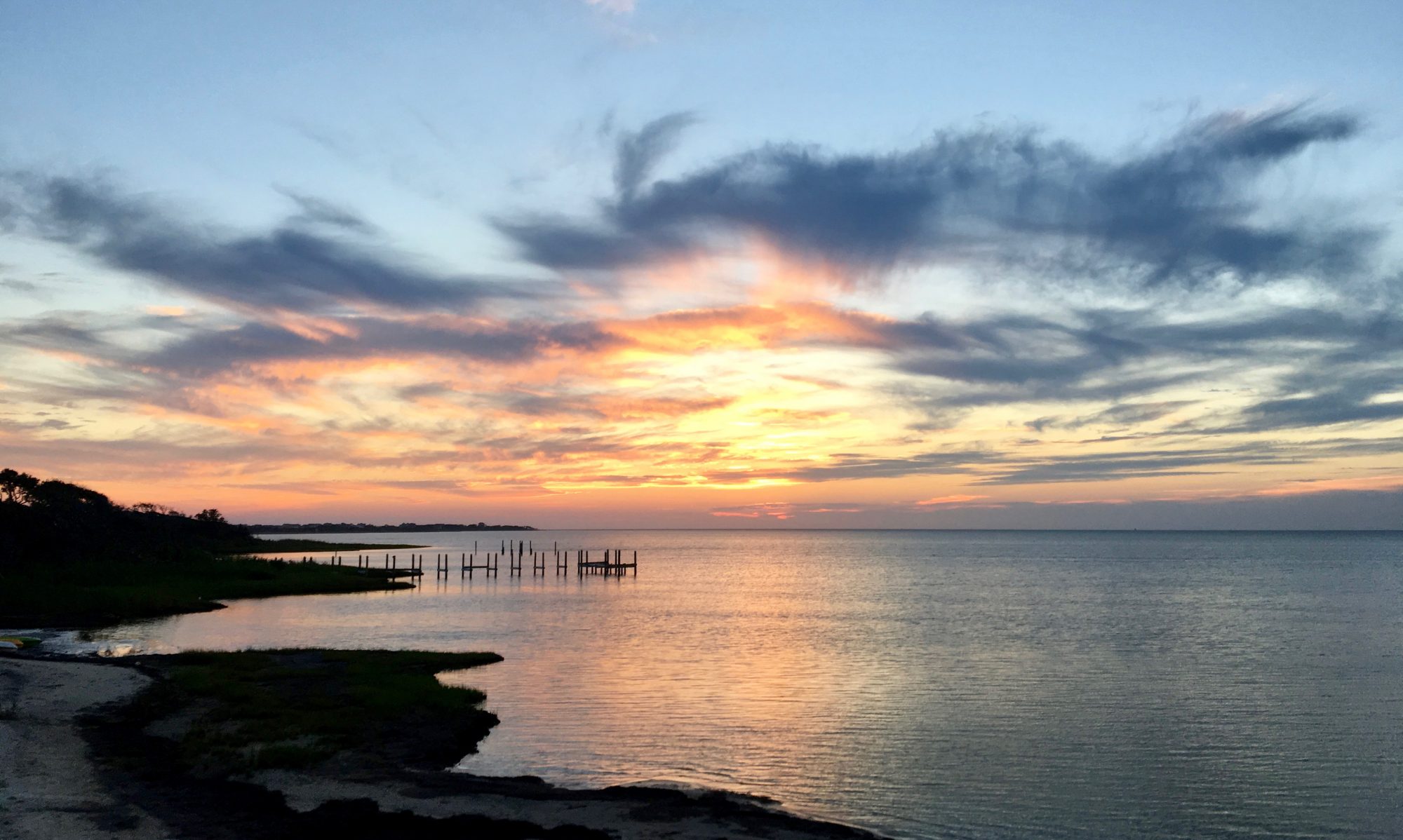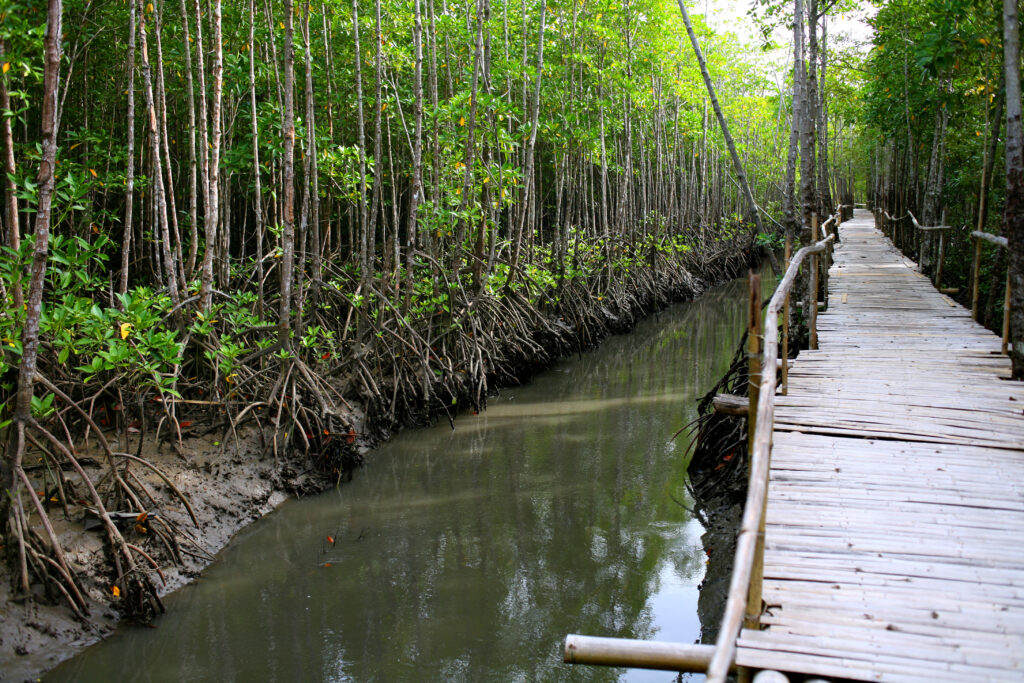By Jeff Flood, Tom Bigford, Adrian Laufer, & Lisa Kim
Following a successful series of Margaret A. Davidson (MAD) Coastal Career Workshops in 2020, despite the ongoing COVID-19 pandemic, TCS has refined its processes for planning and conducting virtual events while also broadening its approach to include more speakers from diverse backgrounds and tailoring workshop topics to the interests and regional characteristics of the hosting institutions. Workshop formats also varied to meet the needs of attendees and reflected the creative thinking of TCS MAD Coastal Career Development Committee (welcoming two new members). The result was five successful workshops, described in more detail below.
Atlantic Estuarine Research Society
On April 27, 2021, TCS partnered with the Atlantic Estuarine Research Society (AERS) to host a half-day workshop in conjunction with their joint spring meeting with the New England Estuarine Research Society (NERRS). This event marked the fourth consecutive virtual workshop during the pandemic and demonstrated continued success in recruiting speakers of diverse backgrounds and utilizing virtual breakout sessions to promote more interaction by attendees. MAD Committee co-chair Tom Bigford led the planning team effort with support from MAD Committee co-chair Jeff Flood and TCS Members Cassie Wilson and Trystan Sill.
University of Rhode Island
Current leadership and recent graduates of the University of Rhode Island’s TCS student chapter hosted a half-day event on May 18, 2021 focused on broad topics such as jobs in international ocean policy and marine industry opportunities and technical advice on virtual networking, applying for Federal agency jobs, and crafting diversity statements for job applications and organizations once you’re hired. Jeff led the planning team effort with support from Tom, Cassie, Trystan, and URI Chapter President Courtney Milley as well as recent URI graduates Joe Dwyer and Eric Kretsch.
Oregon Sea Grant
On June 29 and 30, 2021, former NOAA Coastal Management Fellow (and current TCS Board Member) Adrian Laufer collaborated with Oregon Sea Grant to sponsor and host a West Coast workshop for graduate-level fellows. Adrian worked directly with current Oregon Sea Grant graduate fellows, leveraging their Community of Practice to engage with other graduate fellows in Oregon, California, Washington, Alaska, Hawai’i, and Pacific Islands. Oregon graduate fellows played a role in determining the workshop topics, The workshop reached a total of 56 attendees: five from Alaska; eight from California; four from Hawai’i and the Pacific; 19 from Oregon; nine from Washington; and eight with no west coast Sea Grant affiliation. The planning team also coordinated an ocean and coastal themed trivia event, hosted by the Surfrider Foundation, to follow the last day of the workshop, as a means of facilitating community building across west coast fellows. The workshop was incredibly well-received, with 100% of attendees reporting that they are inclined to participate in more TCS events or become TCS members. In addition, the TCS planning team members made valuable regional connections, establishing a solid foundation to bring more resources to enhance student and young professionals’ experience in this area.
Michigan Sea Grant
TCS designed a hybrid in-person and virtual full-day MAD workshop on November 16, 2021 to meet the specific needs of the Michigan State University College of Agriculture and Natural Resources. The event was sponsored by the College’s Fisheries and Wildlife Department, easing participation by 22 graduate students. The program featured plenary sessions on the shifting employment landscape and careers outside academia and offered content on six professional skills needed to launch a rewarding career, including mentors, networks, virtual and in-person interviews, working in public and private sectors, and work-life balance. This workshop was a return to the full-day program TCS has missed since switching to a virtual format. Tom led the workshop effort with assistance from Jeff and new MAD Committee Member Lisa Kim.
Duke University
Despite a busy semester, the Duke student chapter showed tremendous leadership and resolve in planning and hosting a workshop on December 3, 2021 that featured several Duke alumni and was characterized by a more free-flowing discussion between participants and speakers than in previous workshops. In addition to being an outstanding experience for all those involved, the new agenda format provided yet another example of how the TCS planning team can learn a great deal from the host institution. Duke Chapter Vice President Kara Nunnally led the planning team with assistance from Chapter officers and TCS MAD Committee Members Jeff, Tom, Lisa, and Kelly Dobroski.
At each of the 2021 workshops, skilled speakers representing many sectors and perspectives shared their personal stories and tips for how to be successful in a coastal career. Nearly all registrants (90% average) felt the workshops were a good use of their time and most (75%) thought the nominal registration fee was appropriate.
Since December of 2018, TCS has hosted 16 MAD Coastal Career Workshops. TCS is currently planning the rest of its 2022 calendar and anticipates partnering with The National Marine Sanctuary Foundation to host a workshop in conjunction with Capitol Hill Oceans Week in early June, working with west coast Sea Grant offices to host another west coast graduate fellow workshop in early summer, and continuing to coordinate with TCS student chapters to tailor events to fit their need. The MAD Committee continues to coordinate with the DEIJ Working Group to reach historically underserved communities while also looking to access new geographic regions such as the Gulf Coast and Florida. Learn more about this workshop series and check back for updates to the schedule as events are finalized at: https://thecoastalsociety.org/margaret-a-davidson-coastal-career-development-program/


